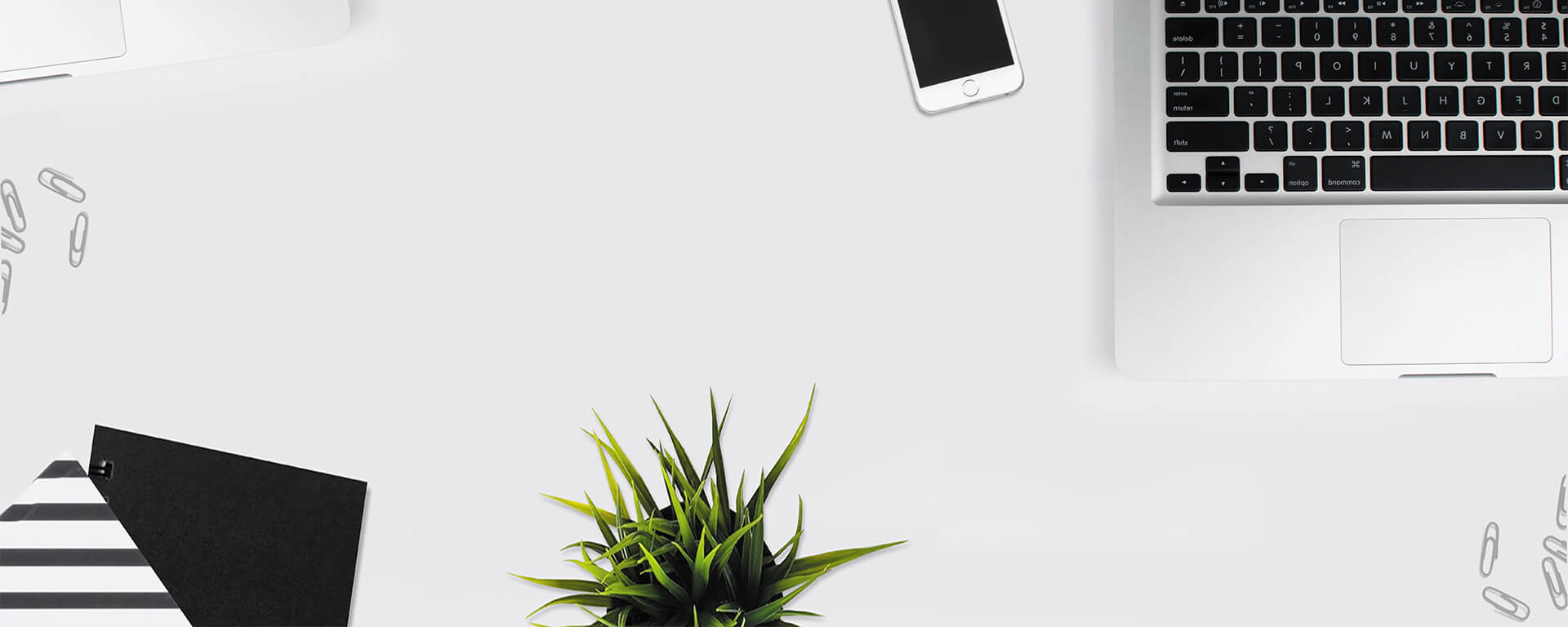Pros and Cons of Competing
As you've probably guessed, doing a math fair project isn't all sunshine and rainbows, here are the most important things you should know before starting a project:

After almost a decade of competing, here are our top pieces of advice for anyone starting out in the math fair. Most of these tips will be applicable to anyone, but some come specifically from our experience with the NCCTM math fair. As always, take these with a grain of salt! You don't have to listen to us, and you should always do what you feel is right for your project!
Using a black or painted board will help you stand out. Most people will typically use a white or plain board.
Wear comfortable clothes, but still try to look professional.
If you are young and/or short, using a pointer can help you stay on track and also help you reach the things you are pointing at.
Rehearse your speech to a real audience. Their feedback will be very valuable. Timing yourself presenting while you practice can also help you learn how to to stay within your time limit, while still getting to say everything you need to say.
Try to say pretty much the same thing every time you rehearse, but don't just read your board. More about this can be found in the How-to Guide under "Presenting your board: a survival guide".
Pick a color scheme and add color to your board, those creativity points are important you need them!
However, this isn't a creativity contests, so you don't need to go over the top. Try to make sure that the math is still the focus of your board.
Having some things sitting on the table in front of your board can help you bring the information out to the judges, and also save space on your board for the important stuff.
PRACTICAL APPLICATION is so important. Make sure that the topic you choose could be applied to the "real world".
Enunciate and talk louder than you think you need to. You know what you're saying but the judges don't, and you want to make sure they hear every word.
Bring a book or your phone and headphones or an activity of some kind to the waiting room, because you're probably gonna be bored. They do typically offer you snacks though.
Consider bringing a folding chair. There are often not many places to sit, especially for parents. NC state competition especially. There are never enough chairs.
The temperature of the waiting room is a mystery, but you definitely can't leave once you get there. Dress accordingly, with layers that will keep you warm but that you can take off if you need to be cooler.
Putting photos of yourself in the process of doing your project on your board ESPECIALLY IF YOU ARE YOUNG can be helpful if your judges need to be convinced that you actually did your own project. If your project is above your grade level, unfortunately people are going to think that your parents did it for you. We've run into this issue before so its best to try and head it off if you can.
Bring something to hold the flaps of your board open, they warp easily and the tables are rarely perfectly flat either.
Bring tape, a pencil, an index card, and a stamped envelope. DON'T FORGET THE ENVELOPE.
Snacks and or a whole packed lunch might be a good idea, restaurants near the competition site are often really busy. It might be worth it to stake out where you want to eat ahead of time.
There's a lot of waiting involved. Best to get comfy with that idea now.
After you go talk to the judges, your parents will ask you how it went. As soon as they ask you this, you're immediately going to forget everything that happened. Try to commit some of what happened to memory or even write it down before you leave the judging room.
If you have data, refer to it as "the data" and try to avoid saying "my data". It's not yours, it doesn't belong to anyone, and some judges are gonna be picky about that.
Don't be afraid to email your local college professors and ask them for help with your project. Oftentimes, they're elated to work with a young person who is interested in their field and they can give you access to equipment, laboratories, and information that you otherwise wouldn't have. After all, the worst they can say is no.
As you've probably guessed, doing a math fair project isn't all sunshine and rainbows, here are the most important things you should know before starting a project:
Keep your cool at the competition, no matter what the results are.